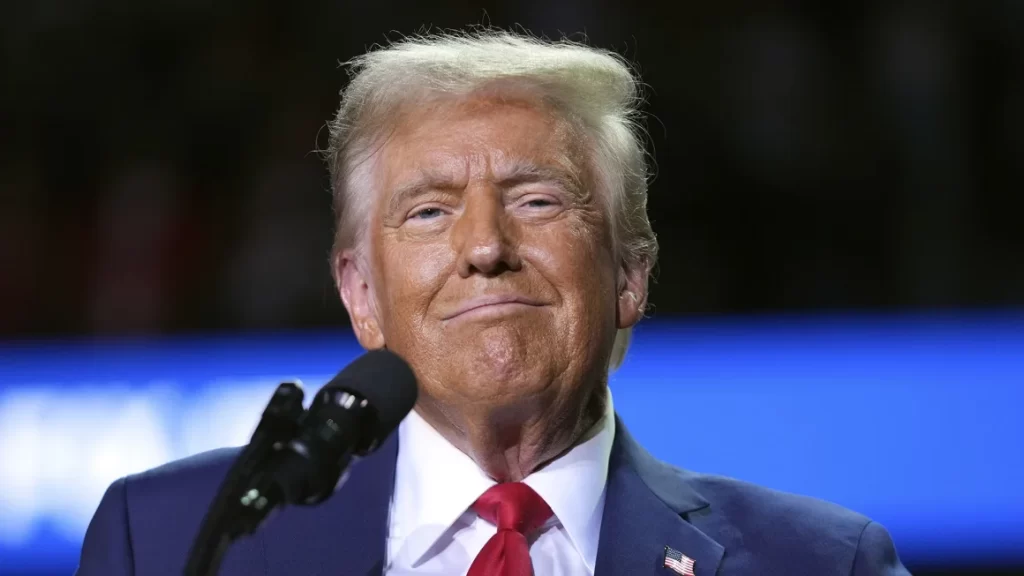Former President Donald Trump, who was convicted earlier this year on 34 counts of falsifying business records related to hush money payments before the 2016 election, will still be able to cast a ballot in Florida today. Despite being the first U.S. president in history to be convicted of a felony, Trump faces no restrictions on voting due to specific laws in Florida and New York, which allow him to exercise his right to vote in today’s election.
Trump’s conviction in Manhattan stems from his role in arranging payments to adult film star Stormy Daniels during the 2016 election campaign, a case involving charges of falsifying business records. He is scheduled to be sentenced on November 26. While this conviction has made headlines across the nation, Trump’s ability to vote in Florida stems from the state’s unique approach to felon voting rights.
In Florida, the rules for people with felony convictions are more complex than in many other states. For residents of Florida who have been convicted of a felony in another state, the state follows the laws of the state where the conviction occurred to determine whether or not they can regain their voting rights. In Trump’s case, his felony conviction was in New York, not Florida, so the state defers to New York’s laws regarding felon voting rights.
New York enacted a law in 2021 that allows individuals with felony convictions to vote, provided they are not incarcerated at the time of an election. Since Trump is not serving time in prison and is a free citizen, he is eligible to vote in Florida, despite his felony conviction. This law applies to all individuals convicted in New York who meet the same criteria, regardless of whether they live in New York or another state.
However, Florida’s approach to restoring voting rights for its own residents with felony convictions is significantly more restrictive. In 2018, Florida voters passed a ballot initiative known as Amendment 4, which aimed to restore voting rights to individuals who had completed their sentences, including parole or probation. The law was seen as a major victory for voting rights advocates, as it meant that approximately 1.4 million Floridians could regain their right to vote once they had fulfilled their sentences.
But the law was later altered in a way that made it more difficult for many convicted felons to regain their voting rights. In 2019, Florida lawmakers passed a law requiring individuals to pay off all fines, fees, and restitution related to their conviction before they could vote. This added financial hurdle effectively undermined the original intent of Amendment 4, as many people with felony convictions are unable to pay these costs, especially when they are not centralized or easily tracked.
The requirement to pay fines and fees has created significant challenges for many Floridians with felony convictions. For some, the amounts owed are substantial and can take years to pay off, if at all. Critics of the law argue that it disproportionately affects low-income individuals and communities of color, creating a system where people who have completed their sentences are still disenfranchised due to financial barriers.
For Trump, however, the path to voting is clear. While he may be the first former president to face a felony conviction, the specific circumstances of his case—being convicted in New York and not incarcerated—allow him to avoid the complexities of Florida’s felon voting laws. This means he will be able to cast a vote in Palm Beach without any legal issues, despite the controversy surrounding his conviction.
This distinction in voting rights for individuals convicted of felonies highlights the complexities and disparities in how voting rights are handled across the U.S. While some states, like New York, have made it easier for felons to vote, other states, including Florida, have introduced laws that create barriers to voting for those with criminal convictions. The ongoing debate over felon voting rights continues to be a contentious issue, particularly as it intersects with broader questions of justice, equality, and the right to participate in democracy.








